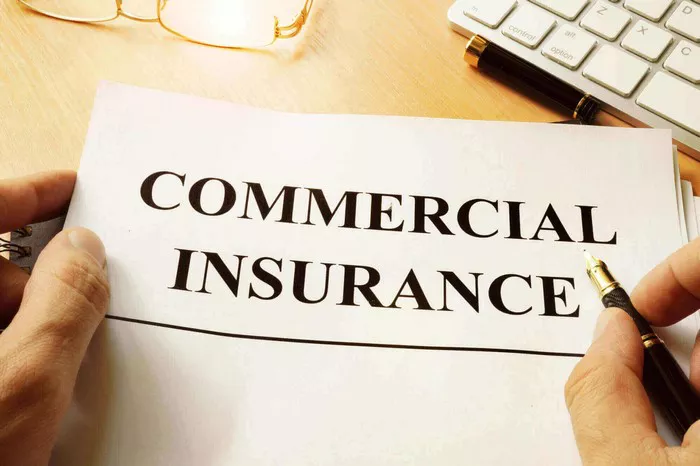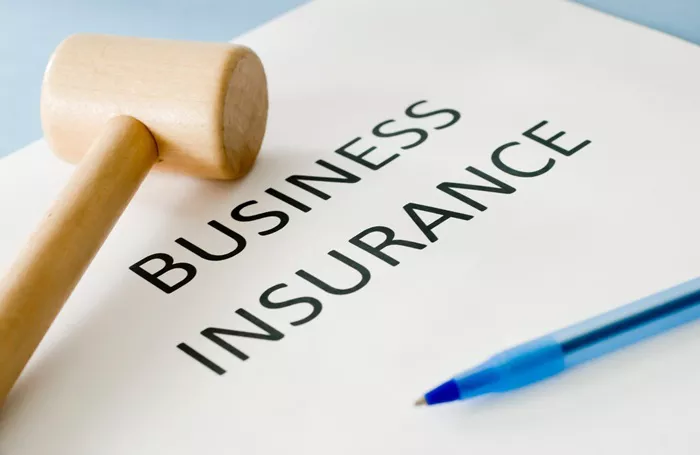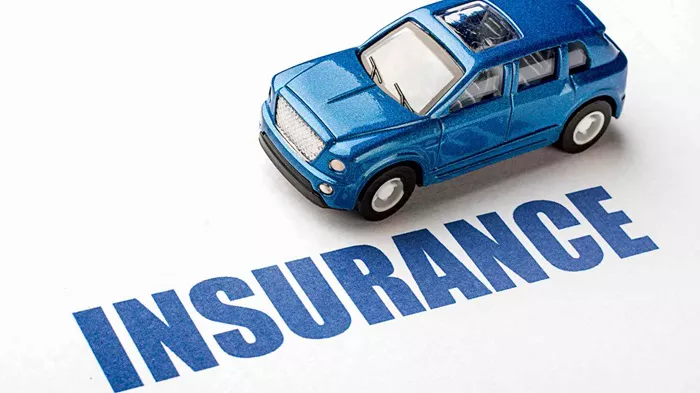When it comes to protecting your home, business, or any property you own, having the right insurance coverage is essential. A property insurance policy can provide financial protection in case your property is damaged, destroyed, or stolen. But what exactly is property insurance, and why do you need it? In this article, we will break down what property insurance is, how it works, and the different types of coverage it provides. We’ll also cover the benefits of having property insurance and how to choose the right policy for your needs.
What is Property Insurance?
A property insurance policy is a contract between the policyholder and the insurance company. It provides financial protection for property owners in case of damage, destruction, or loss of their property due to specific risks outlined in the policy. Property insurance typically covers both physical damage to property and the loss of possessions within it. In return for this protection, the property owner pays a premium to the insurance company.
Property insurance policies can cover a wide range of property types, including homes, businesses, and personal belongings. The policy can be customized to suit the needs of the property owner, with different levels of coverage available depending on the value of the property and the type of protection needed.
Types of Property Insurance
Property insurance comes in several different forms, depending on what type of property is being insured and the coverage required. The most common types of property insurance include:
1. Homeowners Insurance
Homeowners insurance is a type of property insurance that covers damage to your home and personal belongings inside. It also provides liability protection if someone is injured on your property. Homeowners insurance typically covers risks such as:
Fire or smoke damage
Theft or burglary
Vandalism
Water damage (from plumbing or storms)
Wind or hail damage
Loss of personal property (furniture, clothing, electronics, etc.)
In addition to covering damage to your home, homeowners insurance may also cover the cost of living elsewhere while your home is being repaired after a covered event. This is known as additional living expenses (ALE) coverage.
2. Renters Insurance
Renters insurance is similar to homeowners insurance, but it is designed for people who rent a property rather than own it. Renters insurance provides coverage for the contents of your rental property, including personal belongings such as clothing, electronics, and furniture. It also offers liability coverage if someone is injured while on your rented property. Renters insurance may cover:
Fire, smoke, or water damage to personal property
Theft or vandalism
Liability for accidents that occur in the rental property
Additional living expenses if you need to temporarily relocate
Renters insurance does not cover the physical building you live in—your landlord’s property insurance typically takes care of that.
3. Commercial Property Insurance
Commercial property insurance is designed for business owners to protect the property they own or lease, including buildings, equipment, and inventory. This type of policy can cover a range of risks that businesses may face, including:
Fire or explosion damage
Theft or vandalism
Storm or weather-related damage
Business interruption due to property damage
Equipment breakdown
Commercial property insurance can be customized to fit the specific needs of a business, whether it’s a small shop or a large manufacturing facility.
4. Landlord Insurance
Landlord insurance is designed for property owners who rent out homes or apartments to tenants. This insurance typically covers both the physical structure of the property and the personal property owned by the landlord, such as appliances or furniture in rental units. Landlord insurance may include:
Building damage due to fire, storms, or vandalism
Loss of rental income if the property becomes uninhabitable due to damage
Liability coverage if a tenant or visitor is injured on the property
Landlord insurance does not cover the tenant’s personal belongings—tenants should have renters insurance for that.
5. Flood Insurance
Flood insurance is a separate policy that provides coverage for damage caused by flooding, which is typically not covered under standard property insurance policies. Flood damage can be caused by heavy rainfall, storms, or rising water levels. Flood insurance is especially important for people who live in flood-prone areas. It helps cover:
Damage to the building structure
Damage to personal property, including furniture and electronics
Costs to clean up and repair after a flood
Flood insurance is available through the National Flood Insurance Program (NFIP) or private insurers.
6. Earthquake Insurance
Similar to flood insurance, earthquake insurance is a separate policy designed to cover damage caused by earthquakes. Earthquake damage can be severe and costly, making this type of insurance important for those who live in earthquake-prone regions. Coverage typically includes:
Damage to the building structure
Damage to personal property
Costs associated with rebuilding or repairing after an earthquake
In many cases, earthquake insurance is not included in standard property insurance policies and must be purchased as an add-on.
What Does Property Insurance Typically Cover?
Property insurance policies vary depending on the type of coverage and the specific needs of the policyholder. However, most property insurance policies include coverage for the following:
1. Dwelling Protection
Dwelling protection is the coverage that helps pay for the repair or replacement of the physical structure of your property, such as your home or business building, in the event of damage or destruction. It covers risks such as:
Fire or smoke damage
Wind or hail damage
Storm damage
Vandalism or theft
The amount of coverage you need depends on the value of your property and the cost to rebuild or repair it.
2. Personal Property Protection
Personal property protection covers your belongings inside the property, including furniture, electronics, clothing, and other valuables. If your personal property is damaged or stolen, the insurance policy can help pay to repair or replace it. Personal property protection typically includes:
Theft or burglary
Fire or smoke damage
Water or flood damage
Vandalism
3. Liability Protection
Liability protection is an important feature of many property insurance policies, especially homeowners and renters insurance. It covers the cost of legal fees and damages if someone is injured on your property or if you accidentally damage someone else’s property. For example, if a visitor slips and falls on your property and sues you for medical expenses, liability protection can help cover the costs.
Liability protection can also cover:
Medical expenses for injuries to others
Legal costs and court fees
Damage to someone else’s property caused by you or a family member
4. Additional Living Expenses (ALE)
If your property becomes uninhabitable due to a covered event, such as a fire or natural disaster, additional living expenses (ALE) coverage can help cover the cost of temporary accommodations, such as a hotel or rental home, while your property is being repaired.
ALE coverage typically includes:
Hotel or temporary housing costs
Meals and transportation costs
Storage fees for personal property
5. Loss of Rental Income
For landlords, property insurance may include coverage for the loss of rental income if the rental property becomes uninhabitable due to a covered event. This coverage helps landlords recover the income they would have received from tenants during the repair period.
Why Do You Need Property Insurance?
Having property insurance is essential for several reasons. Here are some key reasons why property insurance is necessary:
1. Protection Against Financial Loss
Property damage can be costly, and without insurance, you could be left to pay for repairs or replacements out of pocket. Property insurance helps protect you from financial loss due to events such as fire, theft, vandalism, or natural disasters.
2. Peace of Mind
Knowing that you have property insurance can provide peace of mind. Whether you own a home, rent a property, or run a business, having insurance means you are financially protected in the event of unexpected damage or loss.
3. Legal Requirements
In some cases, property insurance is required by law. For example, if you have a mortgage on your home, the lender may require you to have homeowners insurance. Additionally, some states require flood insurance for properties in flood-prone areas.
4. Safeguard Your Investment
Your property is likely one of your most valuable investments. Property insurance helps protect that investment by ensuring you can repair or replace it if it’s damaged, destroyed, or stolen.
How to Choose the Right Property Insurance Policy?
Choosing the right property insurance policy depends on your specific needs. Here are some steps to help you make the right choice:
1. Assess Your Needs
Consider the type of property you own and the risks it faces. Do you live in a flood-prone area? Is your home or business located in a region prone to wildfires or hurricanes? Understanding the risks in your area will help you determine what coverage you need.
2. Shop Around
Get quotes from multiple insurance providers to compare coverage options and premiums. Different insurers may offer different levels of coverage, so it’s important to choose one that meets your needs.
3. Review the Policy Carefully
Before purchasing a property insurance policy, carefully review the terms and conditions. Make sure you understand what is covered, what is excluded, and the limits of coverage. You may need to add extra coverage for specific risks, such as flood or earthquake damage.
4. Consider Deductibles and Premiums
The deductible is the amount you’ll pay out of pocket before your insurance kicks in. Consider how much you can afford to pay for a deductible and compare it with the premiums to find a balance that fits your budget.
Conclusion: Protect Your Property with the Right Insurance
A property insurance policy is essential for protecting your property and personal belongings from damage, destruction, or theft. Whether you own a home, rent a property, or run a business, having the right insurance coverage can give you peace of mind and protect you from unexpected financial loss. By understanding the different types of property insurance and what they cover, you can make an informed decision to safeguard your property and investments.
Related Topics:
What’s the Best Liability Insurance for Nurse Practitioners?
Why Do We Need Liability Insurance?
What is Professional Liability Insurance and Why Do You Need It?


















